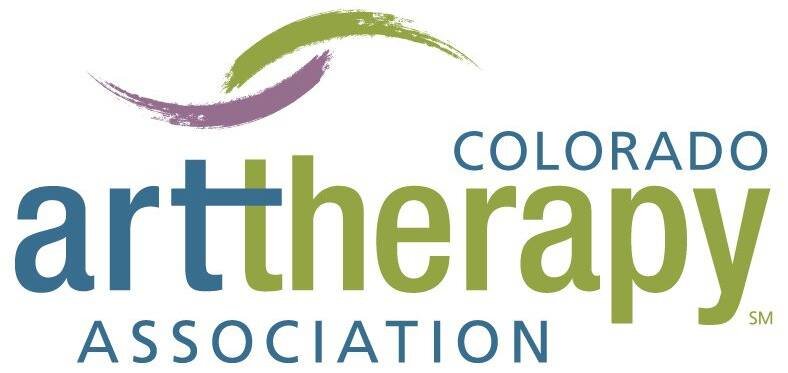
State Advocacy & Title Protection
Sign Our Art Therapy Advocacy Pledge
By signing our pledge, you align with Art Therapists in Colorado to secure title protection as necessary to ensure the people of Colorado will obtain ethical and effective mental health treatment through the proper representation of credentials and qualifications. I sign this letter acknowledging my endorsement of these efforts.
Art Therapy Advocacy in Colorado
With the support of the American Art Therapy Association, Colorado Art Therapy Association is working to raise public awareness about Art Therapy, to make services more accessible to communities and promote legislative and regulatory initiatives that advance our profession and support the well-being of Art Therapists and the communities we serve in Colorado.
Art Therapy Advocacy Across the Nation
Art Therapy is now a regulated mental health profession in 15 states and the District of Columbia. Art therapists hold professional Art Therapy licenses in Connecticut, Delaware, the District of Columbia, Kentucky, Maryland, Mississippi, New Jersey, New Mexico, Oregon, Tennessee, and Virginia. They are regulated under related professional licenses in Texas, New York, Pennsylvania, Wisconsin, and Utah. Additionally, Art Therapists are recognized for purposes of state hiring and/or title protection in Arizona, Louisiana, and New Hampshire.
Title Protection for Art Therapists in Colorado
Inaccurate use of “Art Therapy” often occurs due to a lack of understanding about our profession. Such instances provide an opportunity to offer accurate information and educate the public about the work that we do! It is with this in mind that the American Art Therapy Association and Colorado Art Therapy Association engage in outreach to individuals and/or companies that may be found to inaccurately categorize activities (such as trainings that are offered by non-Art Therapists) or products (such as adult coloring books) as “Art Therapy.”
Examples:
In Advertising:
On occasion, non-Art Therapist practitioners might be found to advertise their services as “Art Therapy.” This is an inaccurate use of the term, as Art Therapy can only be practiced by an individual who possesses the required training, certification, and/or state licensure. Bona fide Art Therapy is beyond the scope of practice of non-Art Therapists.
In Workshops:
Another context in which Art Therapy may be inaccurately categorized includes professional trainings that furnish a certificate upon completion, which may mislead the participant to believe that he or she can practice Art Therapy. These sorts of trainings, workshops and the like, give attendees an impression that Art Therapy is a modality rather than a profession.
To prevent this problem, facilitators are advised to adhere to the American Art Therapy Association’s Ethical Principles: “When providing training and/or supervision to non-Art Therapists, Art Therapists take precautions to ensure that trainees understand the nature, objectives, expectations, limitations and resulting qualifications of the supervision and/or training as distinct from formal studies in Art Therapy.” As such, a disclaimer should be used to alert attendees accordingly.
Addressing Concerns About Representation or Services
If we encounter an individual or organization who may be identifying themselves as an Art Therapist, we will reach out to them to address our concern. We seek to collaborate with them on providing understanding about the field of Art Therapy, while also requesting that they join us in efforts for title protetion and work to accurately represent Art Therapy in Colorado.
If you are an individual or organization who is using the term Art Therapy and you are not sure if it is accurate, please review:
How to Proceed When You Believe Someone is Misrepresenting Him/Herself as an Art Therapist
Professional credentials in Art Therapy can be verified through the Art Therapy Credentials Board.
All of the above mentioned information and more can be found on the American Art Therapy Association’s website here.

